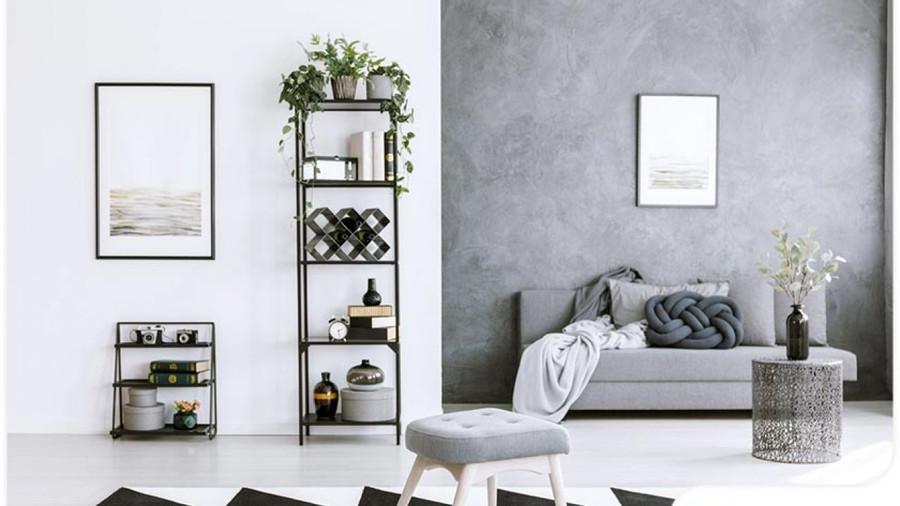Balance creates a feeling of stability
Balance is about equalizing the visual weight of objects. Balance creates a feeling of equilibrium, stability and unity.
- Traditional or formal spaces need symmetrical balance. The space is evenly split into two sides that mirror each other.
- In asymmetrical balance, the visual weights of lines, colours, forms, and textures are balanced without exact duplication.
16
80 reads
CURATED FROM
IDEAS CURATED BY
When you know the basic interior design principles, you can transform any space to look and feel special.
“
The idea is part of this collection:
Learn more about product with this collection
Essential product management skills
How to work effectively with cross-functional teams
How to identify and prioritize customer needs
Related collections
Read & Learn
20x Faster
without
deepstash
with
deepstash
with
deepstash
Personalized microlearning
—
100+ Learning Journeys
—
Access to 200,000+ ideas
—
Access to the mobile app
—
Unlimited idea saving
—
—
Unlimited history
—
—
Unlimited listening to ideas
—
—
Downloading & offline access
—
—
Supercharge your mind with one idea per day
Enter your email and spend 1 minute every day to learn something new.
I agree to receive email updates
